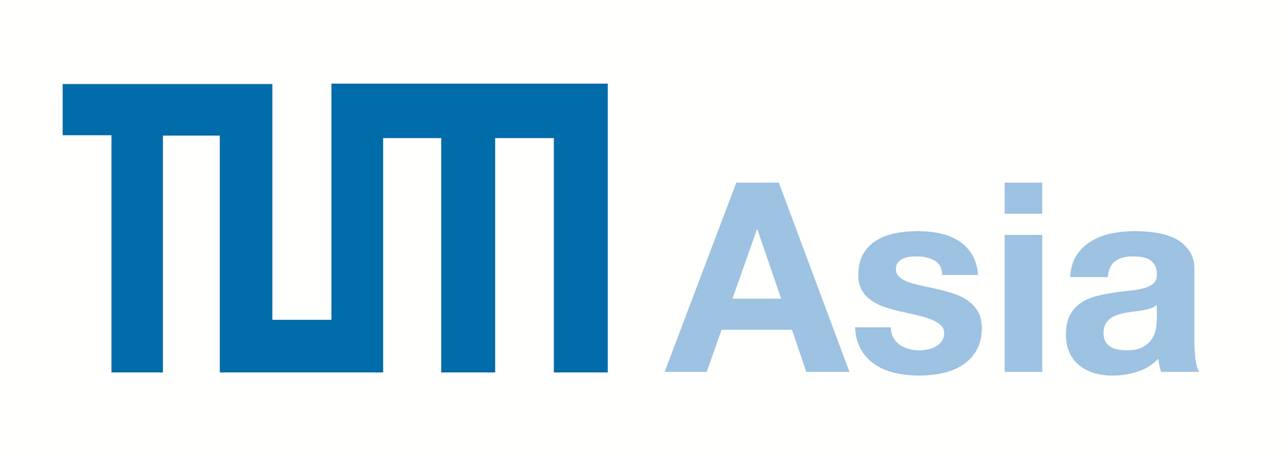Research In Germany: Doing A Doctorate In Germany
Science and research is constantly making new ground breaking solutions, doing new things that has never been done before and applying existing methods to applications never used before. As economies around the world continue to progress, the need to improve the quality of education and research continues to grow exponentially.
To address opportunities for higher education in various specializations, a seminar titled “Doing A Doctorate In Germany” was held in collaboration between German Academic Exchange Service (DAAD) and TUM Asia on the 6th of March. Participants came out to the first seminar held at TUM Asia’s new building to hear about the exciting opportunities for students to work on life changing projects in Germany.
“By doing a PhD in an institute like TUM, you get hired because you can develop solutions to challenging problems”, said Prof. Dr.-Ing. Florian Holzapfel, who gave insight into his visionary aerospace projects, one of them allowing pilots to control a plane’s flight using just his brain. Students were also able to hear from Prof. Dr. Fritz Kühn and Prof. Dr. Gerhard Kramer, whom also shared their projects and opinions with regards to the chemistry and communications engineering respectively.
The opportunities to pursue a PhD in Germany are limitless. There are more than 800 research institutions, which are either research institutions of higher education or intensive industrial research facilities. The latter and companies work closely with universities, cooperating to develop new solutions.
Amylia Abdul Ghani, whom previously studied the Master of Science in Industrial Chemistry, went on to pursue her PhD under Prof. Dr. Fritz Kühn. She is back working in Singapore and credits her current success because of her PhD. “Having a PhD really helped me out with my job prospects as it opened the door to many opportunities that I would have never had if I did not do my PhD in Germany”.
Such opportunities would not have been made possible without the excellent relations between Germany and Singapore. “Research cooperation between Germany and Singapore can be best described by what TUM Asia has achieved. TUM has set a milestone for German universities abroad”, affirmed Mr Sascha Kienzle, Head of Science Affairs at the Embassy of the Federal Republic of Germany.




















